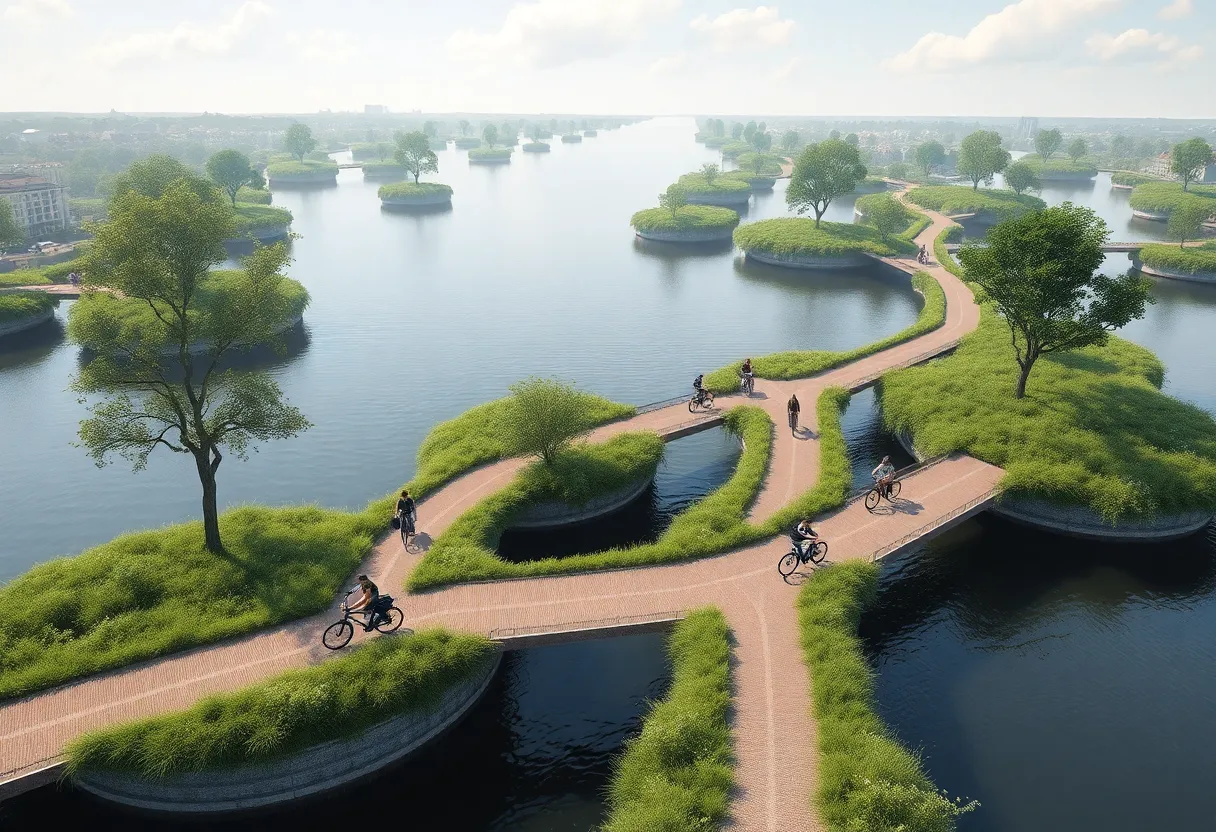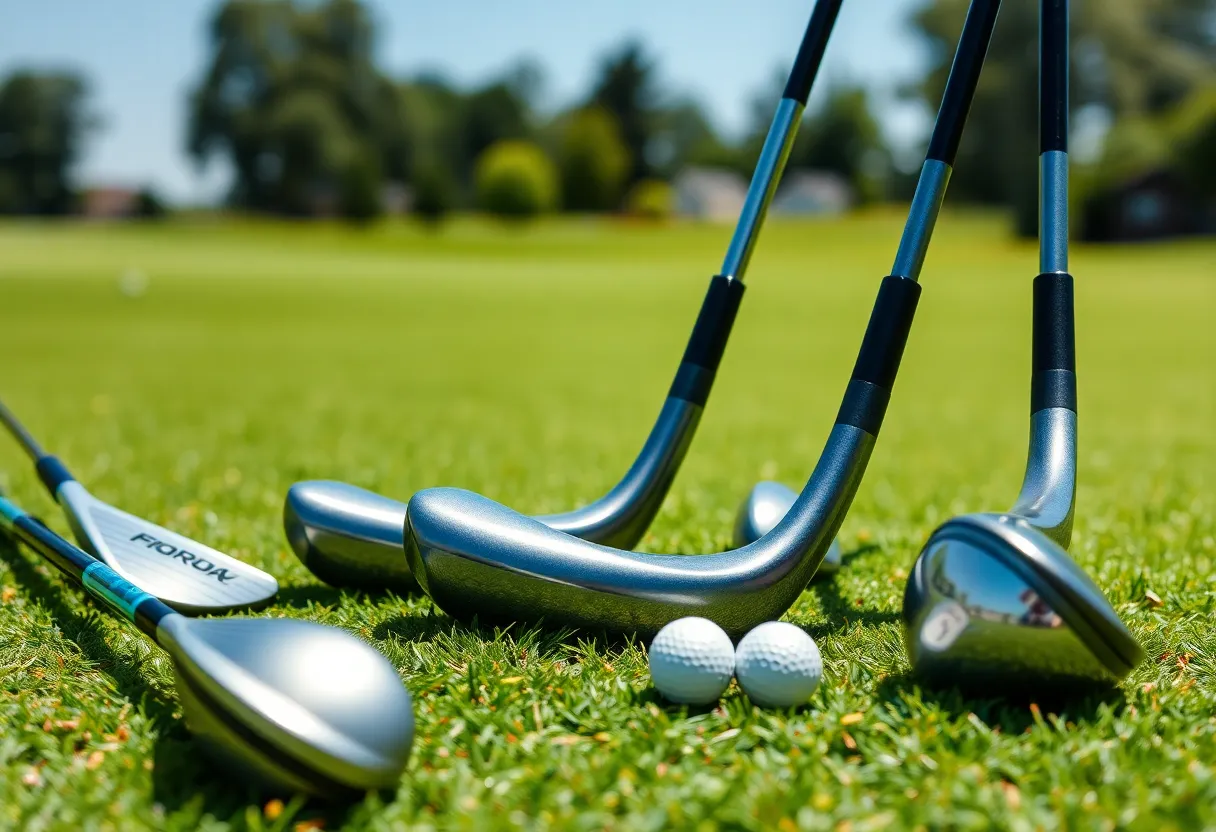News Summary
The Museum of Science and MassDOT are collaborating to create a car-free path over the Charles River to enhance safety for cyclists and pedestrians between Boston and Cambridge. The proposal includes interconnected islands with educational features, new bridges, and a commitment to promoting sustainable transportation. A feasibility study suggests significant improvements in connectivity and recreational access are expected. The project, with an estimated cost of $302 million, may take up to ten years to complete, emphasizing the need for stakeholder engagement and funding.
Boston – The Museum of Science is working with the Massachusetts Department of Transportation (MassDOT) on a plan to create a car-free connection over the Charles River that will facilitate safe crossing for cyclists and pedestrians between Boston and Cambridge. Currently in the preliminary design phase, the proposal aims to ensure that those on foot or biking can cross the river without the threat of vehicular traffic.
A feasibility study completed in December 2023 by the planning firm VHB indicates the project is expected to significantly improve connectivity between existing bike and pedestrian paths on both sides of the river. The connection is envisioned as a “safe, equitable, and accessible path” that promotes travel and leisure between the two cities.
The proposed design features three interconnected islands, described as “stepping stones.” These islands will be linked by boardwalks, enhancing the experience for users. Additionally, two new bridges are set to be constructed as part of this initiative. One bridge will connect to a park adjacent to the Lechmere Canal in Cambridge, while the other will connect the pathway to the Charles River Esplanade in Boston. Notably, the bridge on the Boston side will be a movable design to allow for the passage of taller boats, ensuring navigational access in the river.
Beyond merely providing a thoroughfare, the islands themselves will also have an educational focus. They are planned to host outdoor events for the Museum of Science and will feature native vegetation that attracts local wildlife, fostering an understanding of New England’s riverine environments.
According to Museum President Tim Ritchie, the design is subject to change as the project develops, factoring in financial and engineering constraints. The entire project is estimated to cost around $302 million and could take up to ten years to complete.
MassDOT has stated that it will seek to engage stakeholders and identify funding sources prior to outlining a detailed timeline for the project. At this stage, there has been no immediate response from either the Museum of Science or MassDOT regarding inquiries related to the timeline and funding details for the bridge project.
Project Benefits and Impact
The proposed car-free crossing is expected to foster increased pedestrian and cyclist activity, further encouraging sustainable modes of transportation in the area. The design emphasizes the importance of a safe route for non-motorized traffic, thereby enhancing the urban mobility landscape between Boston and Cambridge. By linking to existing paths, it is anticipated that the project will facilitate greater access to recreational spaces along the river and improve overall connectivity in the region.
Background Context
The concept for a dedicated car-free route across the Charles River has been a topic of discussion among urban planners and community advocates for several years. Advocates for pedestrian and cyclist safety have continuously highlighted the need for safer crossings in heavily trafficked urban environments. The collaborative efforts between the Museum of Science and MassDOT indicate a commitment to modernizing infrastructure to meet the increasing demands of city residents seeking environmentally friendly transport options.
As the project moves forward, community involvement and stakeholder engagement will be crucial elements in shaping its successful implementation. The anticipated enhancements to connectivity and accessibility could significantly transform travel between Boston and Cambridge, making it a notable development for both cities.
Deeper Dive: News & Info About This Topic
HERE Resources
Additional Resources
- Cambridge Day: The Nonlinear Path of Biking in Boston
- Boston.com: Driver Pleads Not Guilty in Fatal Cambridge Cyclist Crash
- Momentum Magazine: Bicycle Use Soars Following Installation of Separated Bike Lanes
- Wikipedia: Cycling in the United States
- Boston Globe: Bicycle Crashes and Separated Bike Lanes
- Encyclopedia Britannica: Bicycle

Author: STAFF HERE BOSTON WRITER
The BOSTON STAFF WRITER represents the experienced team at HEREBoston.com, your go-to source for actionable local news and information in Boston, Suffolk County, and beyond. Specializing in "news you can use," we cover essential topics like product reviews for personal and business needs, local business directories, politics, real estate trends, neighborhood insights, and state news affecting the area—with deep expertise drawn from years of dedicated reporting and strong community input, including local press releases and business updates. We deliver top reporting on high-value events such as Boston Marathon, Head of the Charles Regatta, and Boston Harborfest. Our coverage extends to key organizations like the Greater Boston Chamber of Commerce and Associated Industries of Massachusetts, plus leading businesses in finance, biotech, and insurance that power the local economy such as Fidelity Investments, Biogen, and Liberty Mutual Insurance. As part of the broader HERE network, we provide comprehensive, credible insights into Massachusetts's dynamic landscape.



